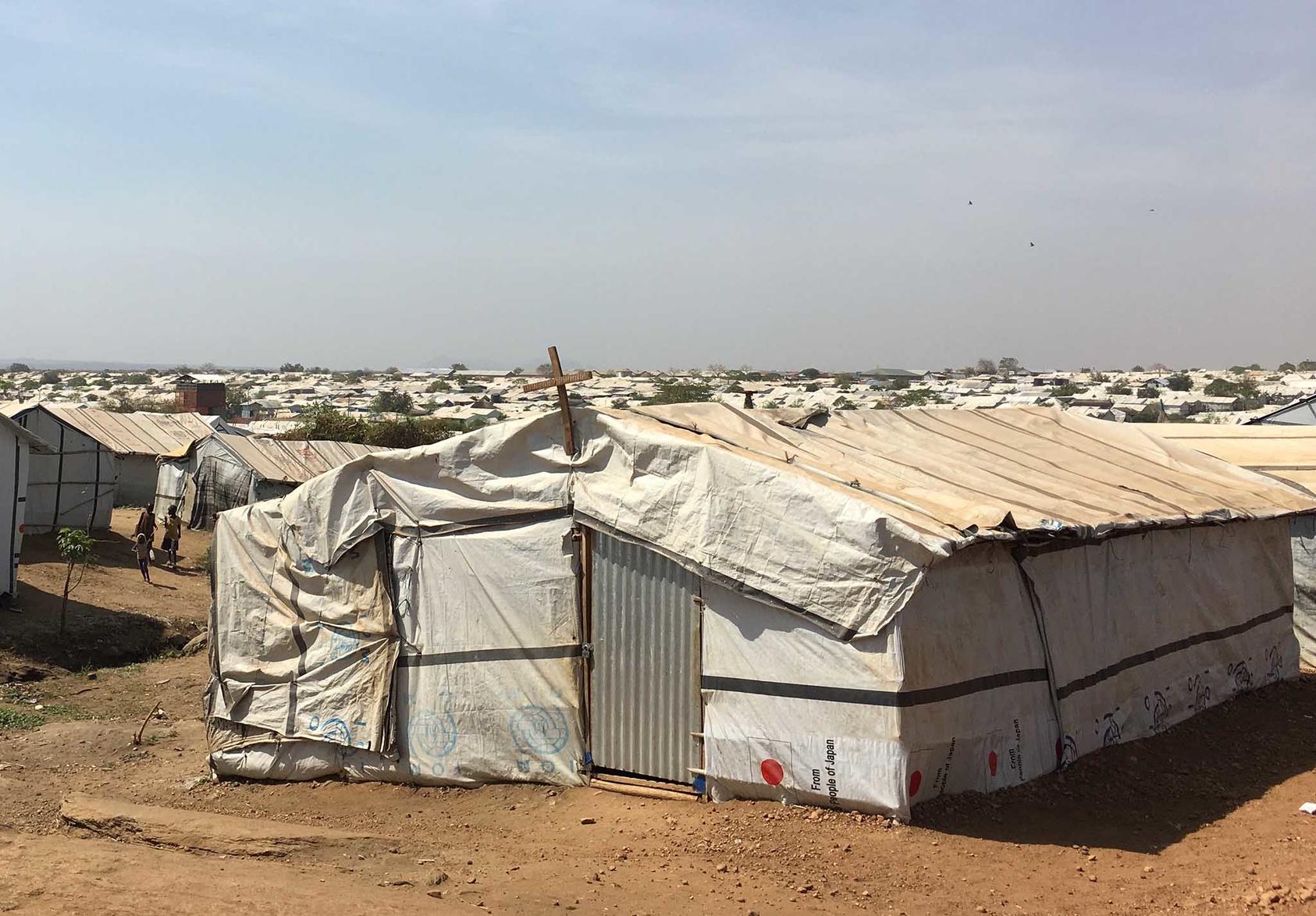USIP-Commissioned Research Among Iraqi Minority Communities
Study on perceptions of reconciliation among minority groups (2016-2017)
USIP has produced five studies of minorities’ perceptions on reconciliation in the Nineveh province, including, Christian, Eyzidi (Yazidi), Sabean-Mandaean, Shabak and Turkomen communities. These assessments provide insights into conflict drivers and demands of these communities and include key findings, which have been shared with international and national stakeholders including the U.S. Government and the Government of Iraq.

The findings can help address the strategy for greater minority inclusion in Iraq through a greater understanding of causes of conflict and grievances, as well as recommendations for the communities.



